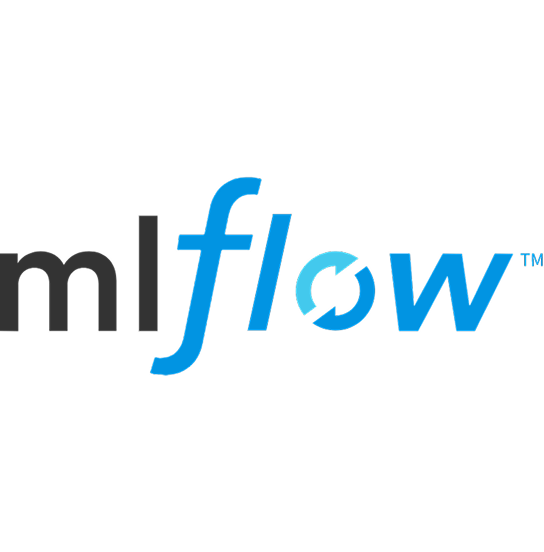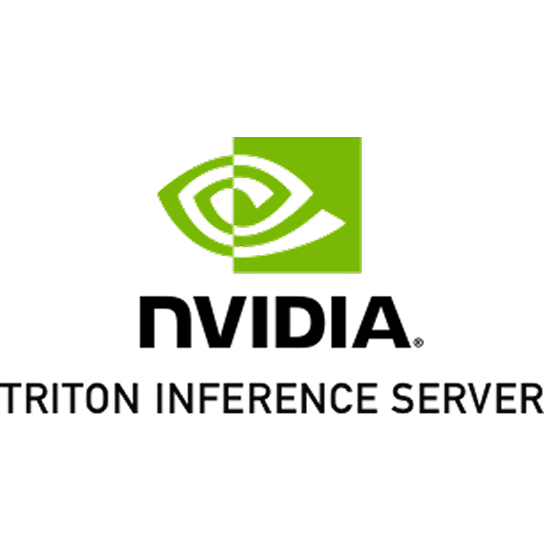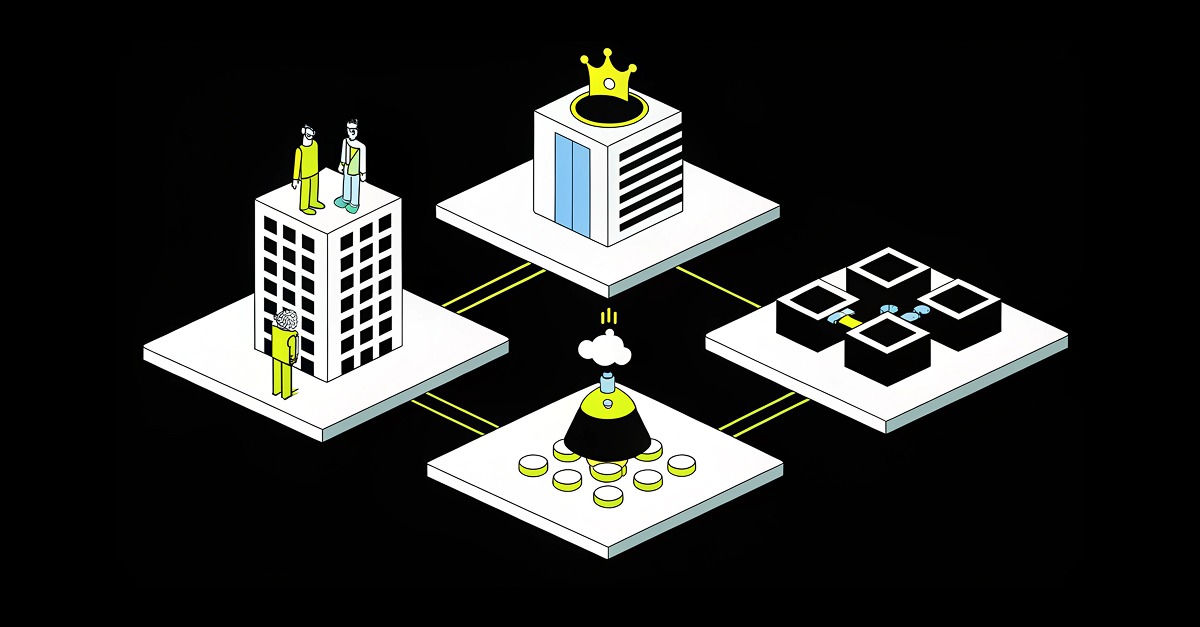Cake for Classification
Classify text, images, or tabular records with high precision using open-source tools for training, evaluation, and deployment. Cake provides a modular, cloud-agnostic stack for running classification models at scale.






Overview
Classification is one of the most common and critical machine learning tasks. Whether you’re routing tickets, flagging fraud, detecting sentiment, or tagging customer records, classification models help teams turn messy data into actionable signals.
With Cake, you can quickly build and deploy classification models using proven open-source components. Train using frameworks like PyTorch or XGBoost, manage experiments in MLflow, serve models through scalable endpoints with KServe or Triton, and monitor performance over time. Everything runs through Cake-native workflows for end-to-end orchestration.
Because everything is modular and cloud agnostic, you get full control over your stack without vendor lock-in. And with built-in support for lineage, versioning, and compliance, your models are easier to trust, reproduce, and improve over time.
Key benefits
-
Accelerate model deployment: Go from experimentation to production faster using pre-integrated open-source tools.
-
Adapt to your domain: Choose the best classification models and frameworks for your use case.
-
Run anywhere: Deploy across cloud, on-prem, or hybrid environments with no lock-in.
-
Monitor performance and drift: Track metrics over time and surface when predictions start to degrade.
-
Build with compliance in mind: Capture model lineage, enable audits, and manage data access securely.
THE CAKE DIFFERENCE
![]()
From basic classifiers to production-grade
decision systems
One-size-fits-all classifiers
Easy to spin up, hard to trust at scale: Generic models miss edge cases, drift quickly, and lack visibility.
- Limited feature tuning and poor performance on domain-specific data
- No explainability or confidence thresholds for high-stakes use cases
- Hard to detect drift or retrain when labels evolve
- Difficult to meet governance or compliance requirements
Result:
Low accuracy, low trust, and high risk in production
Classification with Cake
Custom models with full visibility and lifecycle control: Cake gives teams the tools to train, evaluate, and serve high-accuracy classifiers in production environments.
- Support for binary, multi-class, and multi-label classification
- Built-in evals, monitoring, and model versioning
- Integrates with real-time or batch systems for predictions
- Role-based access control and audit logging out of the box
Result:
High-performing, explainable classification systems that scale with your business
EXAMPLE USE CASES
![]()
Teams use Cake’s classification stack to
automate decisions across structured
and unstructured data
![]()
Customer sentiment analysis
Label incoming messages, emails, or reviews as positive, neutral, or negative to guide routing and prioritization.
![]()
Support ticket triage
Automatically classify issues by topic, urgency, or product line to speed up response time and reduce manual overhead.
![]()
Document or image categorization
Assign predefined tags to scanned forms, photos, or PDFs to streamline indexing and search.
![]()
Fraudulent transaction detection
Classify financial transactions as legitimate or potentially fraudulent based on patterns in user behavior and payment data.
![]()
Customer intent detection
Classify user messages or queries to determine intent (e.g., support request, complaint, sales inquiry) and route accordingly.
![]()
Credit risk assessment
Classify loan applicants into risk tiers based on financial history, behavior, and demographic factors.
OBSERVABILITY
Track model accuracy and drift over time
Classification models need continuous monitoring to stay reliable. Learn how Cake’s observability stack helps teams trace predictions, detect degradation, and improve outcomes without manual guesswork.
BLOG
Go from training to production (but without the glue code)
Classification is just one part of the pipeline. See how Cake helps teams deploy models, route inference, and manage performance using open-source tools and a modular AI stack.

"Our partnership with Cake has been a clear strategic choice – we're achieving the impact of two to three technical hires with the equivalent investment of half an FTE."

Scott Stafford
Chief Enterprise Architect at Ping

"With Cake we are conservatively saving at least half a million dollars purely on headcount."
CEO
InsureTech Company
COMPONENTS
![]()
Tools that power Cake's classification stack

Ray Tune
Distributed Model Training & Model Formats
Pipelines and Workflows
Ray Tune is a Python library for distributed hyperparameter optimization, built on Ray’s scalable compute framework. With Cake, you can run Ray Tune experiments across any cloud or hybrid environment while automating orchestration, tracking results, and optimizing resource usage with minimal setup.

MLflow
Pipelines and Workflows
Track ML experiments and manage your model registry at scale with Cake’s automated MLflow setup and integration.

Kubeflow
Orchestration & Pipelines
Kubeflow is an open-source machine learning platform built on Kubernetes. Cake operationalizes Kubeflow deployments, automating model training, tuning, and serving while adding governance and observability.

Evidently
Model Evaluation Tools
Evidently is an open-source tool for monitoring machine learning models in production. Cake operationalizes Evidently to automate drift detection, performance monitoring, and reporting within AI workflows.

NVIDIA Triton Inference Server
Inference Servers
Triton is NVIDIA’s open-source server for running high-performance inference across multiple models, backends, and hardware accelerators.

XGBoost
ML Model Libraries
XGBoost is a scalable and efficient gradient boosting library widely used for structured data and tabular ML tasks.
Frequently asked questions
What is classification in machine learning?
Classification is a supervised learning task used to predict categories or labels. It powers use cases like spam detection, fraud prevention, sentiment analysis, document tagging, and customer segmentation.
How does Cake support classification models?
Cake provides a modular infrastructure that lets you train, deploy, and monitor classification models using open-source tools. You can integrate frameworks like PyTorch, Scikit-learn, or XGBoost, and manage the full lifecycle with tools like MLflow and KServe.
Can I run classification models across multiple environments?
Yes. With Cake, you can deploy models across cloud, on-prem, or hybrid environments. Everything runs inside your own infrastructure with no data egress and no vendor lock-in.
How do I monitor classification performance?
Cake integrates with observability tools to track metrics like precision, recall, and F1 score over time. You can also detect drift, version your models, and trace predictions back to inputs for full transparency.
Is Cake compliant for regulated industries?
Yes. Cake is built for enterprises that need to meet strict compliance standards. You can capture lineage, apply access controls, and stay aligned with regulations like HIPAA and SOC 2 Type II.
Learn more about Cake

The Best Open Source AI: A Complete Guide
Find the best open source AI tools for 2025, from top LLMs to training libraries and vector search, to power your next AI project with full control.

Your Guide to the Top Open-Source MLOps Tools
Find the best open-source MLOps tools for your team. Compare top options for experiment tracking, deployment, and monitoring to build a reliable ML...

13 Open Source RAG Frameworks for Agentic AI
Find the best open source RAG framework for building agentic AI systems. Compare top tools, features, and tips to choose the right solution for your...
.png?width=220&height=168&name=Group%2010%20(1).png)


.png)
